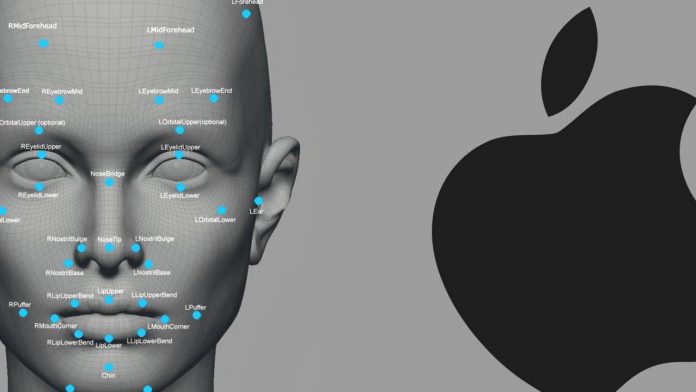
I have had many thoughts about the Face ID feature on the new iPhone X. Let’s call them concerns. Apple alleges that there is an extremely low chance that someone else is going to be able to unlock your iPhone X. They say that they have designed this in a way that makes it very difficult to unlock, unless it’s your phone. Which makes sense. This definitely leaves me a bit skeptical and, apparently I’m not the only one. Senator Al Franken is questioning Apple on details around the privacy and security safeguards it has in place for this kind of biometric data.
Franken is concerned that Apple could use the “faceprints” it collects to “benefit other sectors of its business, sell it to third parties for surveillance purposes, or receive law enforcement requests to access its facial recognition system”. He is further concerned that it might be used for things that Apple hasn’t even considered yet. This is all contained in a letter that Franken wrote to Apple.
Apple has already addressed some of these issues, but this definitely should be a concern for people. Or at least the idea that this could happen, should be a fear for people. I’m not coming at this from a super paranoid perspective, but it doesn’t hurt to err on the side of caution when it comes to private information. Especially in light of what happened with Equifax last week. I realize that is a different issue altogether, but we need to be careful of the data that we are giving to companies in order to keep that information safe.

Phil Schiller, Apple’s Senior Vice President of Marketing has stated that the facial recognition data would be stored on your individual iPhone, and not sent to the cloud server operated by Apple. Franken still has a number of questions, though for Tim Cook – including whether Apple or a third party has the ability “either remotely or through physical access to the device” to “extract and obtain usable faceprint data from the iPhone X”. The concern seems to be law enforcement.
This is both an important and familiar issue for Apple to consider. Apple went to battle with the U.S. Department of Justice after federal prosecutors tried to force Apple to unlock a password protected iPhone, which was tied to a 2015 terrorist attack. In the end, the FBI ended up purchasing a special tool to break into the device. Which ultimately ended this war. So on one hand, maybe Franken doesn’t have to worry about Apple giving this information away. Franken also wants to know if Apple could or would later change its mind about where that data is stored. Apple has stated that they have no plans to allow any third party applications to access the Face ID system or its faceprint data.

I don’t want to keep going back to this Equifax hack, but it leaves you wondering. What else could go wrong? What information could be stolen and then how could that information be used? Another interesting thought that I heard was whether or not law enforcement could simply hold the phone up to your face to access information? Someone else suggested that you could close your eyes, but I just wonder how this could be used? Or if it will be used in any kind of nefarious way.
Before launching the iPhone X, Apple said that they relied on more than a billion scans in order to fine tune the facial recognition system. Franken is still pushing Apple to find out where it obtained those images. Lastly, he’s also asking if Apple has sufficiently trained Face ID to recognize different genders, races and ages. Which is a valid point. Especially since we’ve seen some sensor devices not recognize darker skin. My thought on this is that Apple’s technology should be advanced enough that this is not likely an issue, but you just never know. Apple hasn’t responded to Franken’s comments yet, but we suspect that they will soon.



